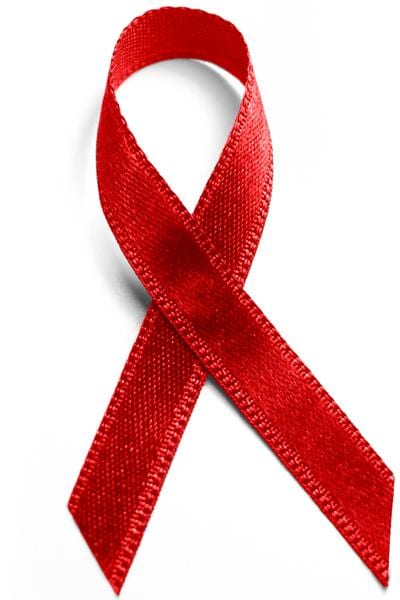The NDP held a press conference on Dec 1 to mark World AIDS Day. Its purpose was twofold: first, to highlight the fact that Bill C-393, which seeks to reform Canada’s Access to Medicines Regime (CAMR), will be returning to the House for debate at report stage and third reading on Dec 16; second to highlight the fact that the Canadian International Development Agency (CIDA) has not responded to requests for renewed funds for vaccine research by two international groups.
The International Partnership for Microbicides (IPM) and the International AIDS Vaccine Initiative (IAVI) have partnered to ask CIDA for $20 million in funding over two years. Previously, IPM received $30 million in funding between 2005 and 2009, while IAVI received $82 million between 2000 and 2009. The funding for both organizations ended in March 2010, and requests for meetings have gone unanswered.
“This isn’t about what we’d seen 10 years ago, even five years ago, where they were saying this is still in the lab,” says NDP foreign affairs critic Paul Dewar. “We’re still seeing these approaches have efficacy. We’re breaking out now with data, control groups that are showing there is efficacy to the vaccine in some of these approaches.
“The question is, right around the time that Canada has been supporting other agencies and groups internationally, and we’re showing good results, why aren’t we continuing to support this in 2010?” Dewar asks. “They want to know, is there going to be support from this government for these initiatives, and if not, why not? They’ve been asking since last spring, and that’s when the funding from the previous provisions rounded up, and here we are going into the next budget year almost, and still no answer.”
Trying to get information on how the government is spending the funds it recommitted from the Canadian HIV Vaccine Initiative (CHVI) has also proved frustrating for Liberal MP Kirsty Duncan, who has been requesting figures from the Public Health Agency for weeks, only to be given the press release from the Vienna Conference in July.
The only announcement that the government has made is the appointment of a co-chair to the CHVI advisory committee.
“If you really wanted to take action, you make announcements, you do it the right way,” Duncan says. “You don’t announce, four months after the fact, a co-chair. It’s not action.”
Duncan believes this shows the government is stalling on its commitment to the CHVI.
During Question Period on Dec 1, Liberal Indian affairs critic Todd Russell asked about the cuts to funding for HIV/AIDS prevention programs for First Nations groups in Canada. Health Minister Leona Aglukkaq responded by repeating her announcement of the CHVI co-chair.
“There are a number of aboriginal groups that deliver promotion of healthy living and the prevention of HIV and AIDS, and they deliver to a broad swath of aboriginal peoples across the country,” Russell says. “The organizations like the Labrador Friendship Centre in Happy Valley-Goose Bay has delivered this for a number of years, and the government has cut that funding, and has denied them the funding to deliver that vital programming.
“Aboriginal people are one of the most high-risk groups in the country to HIV and AIDS infections, and I was very disappointed in the minister’s answer, given the seriousness of the situation, and I was asking it in good faith if she might be able to address it,” Russell says.
“We’re going to lose a year. A lot of organizations are going to lose capacity in terms of people to be able to deliver these programs and services, so I was very disappointed in her response.”
As for Bill C-393, NDP industry critic Brian Masse says there are procedures in the House of Commons that will allow MPs to vote to restore the one-licence solution clause that Liberal MP Marc Garneau joined with the Conservatives to scrap at committee stage.
“We’re going to actually put it back in the legislation,” Masse says. “We can do that now that it goes back to the House of Commons. The procedure allows us to put that clause back, and there will be a vote on that clause, so those that gutted the bill, the Conservatives and Mr Garneau, will have an opportunity to actually vote the proper way, we’re hoping, and to restore the one-licence, one-drug regime.”
Masse notes the compromises that took place in committee.
“We struck out of the bill a number of different clauses that had issues that we didn’t believe were real but were certainly causing problems for others, and we’re hopeful that we can actually have some compromise on this.”


 Why you can trust Xtra
Why you can trust Xtra


